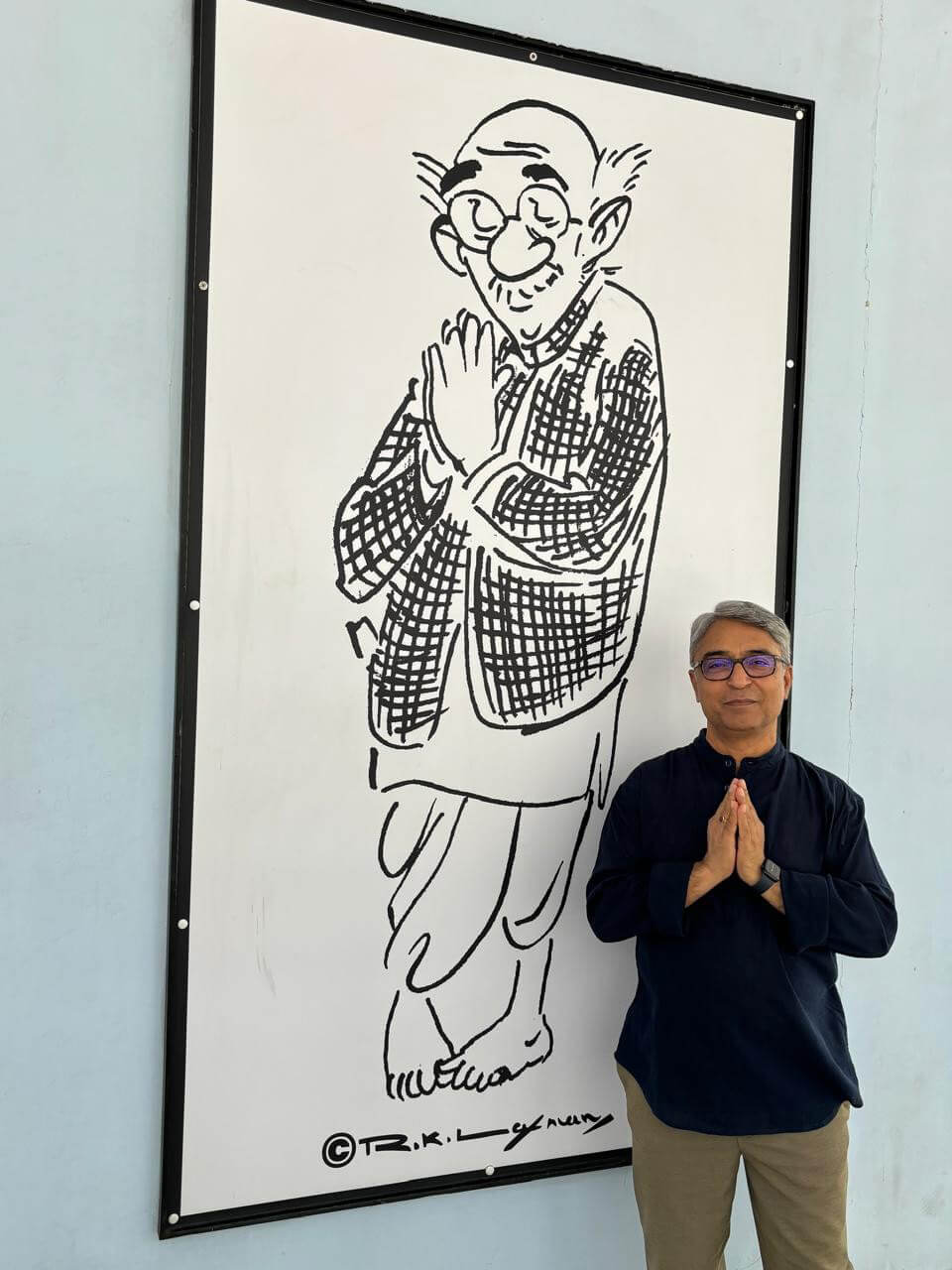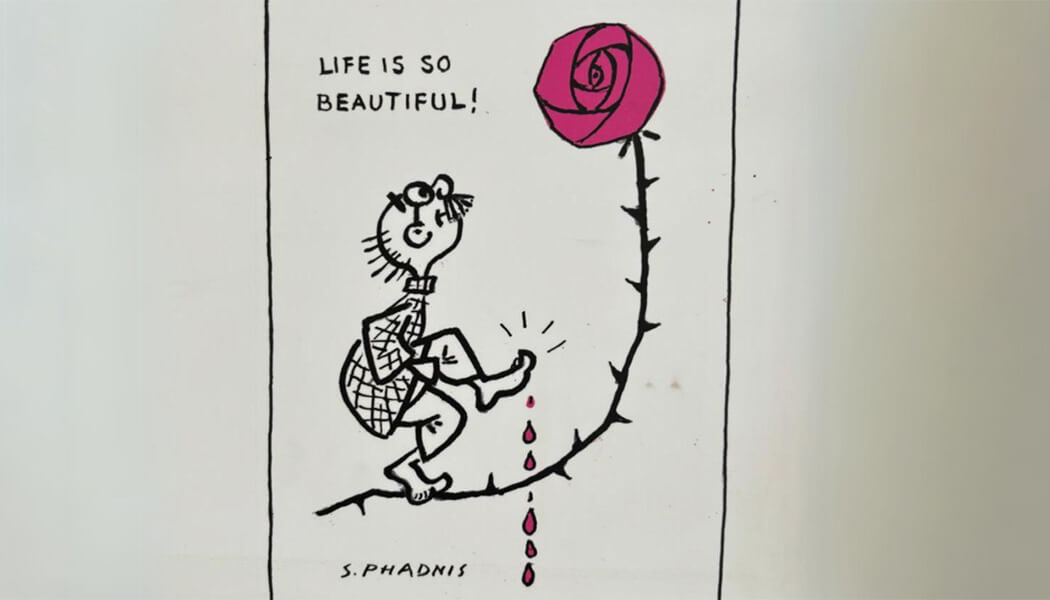Seriousness is often the order of the day in the world of leadership. Yet, it is not the final state of mind when it comes to the common man’s worldview. This is not just any perspective. The satirical perspective portrayed by RK Laxman’s iconic “Common Man” over five decades struck me as key leadership lessons during my recent visit to the museum dedicated to his work in Pune.
When we talk about goals, it is in a sombre tone that eludes the fact that humour can be a useful tool in guiding others. The quirky world of R.K. Laxman’s cartoons unearth significant leadership tricks that are central to understanding human behaviour.
The famous Indian cartoonist R.K. Laxman is popular for his iconic creation – the Common Man. Through his drawings, Laxman portrayed the average struggles of Indian society. Importantly his sketches hold deep insights into leadership dynamics.
The human experience owes it to empathy and understanding. The Common Man, who is a silent observer in Laxman’s cartoons exemplifies the spirit of empathy. The trials of a team must be understood by a good leader. An empathy towards the team’s challenges is important to create trust and a productive environment.

In the same way humour as a Unifier cannot be understated. For instance, in the realm of leadership coaching, the value of humour makes itself visible with simplifying business issues and breaking down the big problems to manageable chunks of experience. Humour and its great ability to bridge gaps and dissolve tensions goes a long way as in leadership, using humour properly can break down barriers and foster team bonding.
When it comes to social commentary satire once again becomes important. This is why Laxman’s wit was not only for entertainment. Rather it was a mirror reflecting society’s flaws. Similarly, organisational issues can be dealt with by leaders by using constructive and positive criticism. Leaders can spark conversations and drive future change when tackling problems with wit and ingenuity.
Laxman’s cartoons were simple yet thoughtful despite the complexity of his subjects. In the same way effective leadership requires simplicity of vision and communication. Leaders can inspire action and rally their teams towards a common goal by sharing complex ideas into simple messages.
Another important facet of facing challenges is resilience in adversity. Steering through obstacles with grace and determination, leaders must also display flexibility by maintaining a positive outlook and adapting to change.
The power of leading by example is served in Laxman’s dedication to his craft and social commentary. Likewise, all leaders must embody the values they advocate, demonstrating humility in their actions.
The works of R.K. Laxman offer a large trove of leadership wisdom hidden behind their comedic disguise. Leaders can inspire positive change through empathy, and humour. So, let us embrace the spirit of the Common Man and lead with humour, humility, and humanity. After all, as Laxman himself once said, “The Common Man is no longer common; he is a legend.”
And next time you’re in Pune, don’t miss the chance to visit the R K Laxman Museum with your team. It’s a wonderful opportunity to gain practical life lessons with a smile! https://www.rklaxmanmuseum.com/











